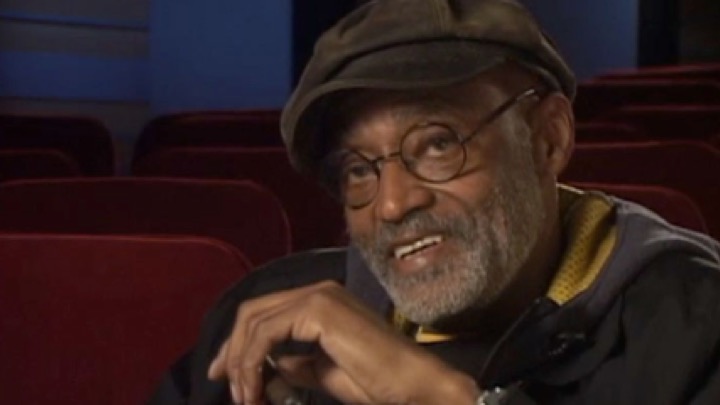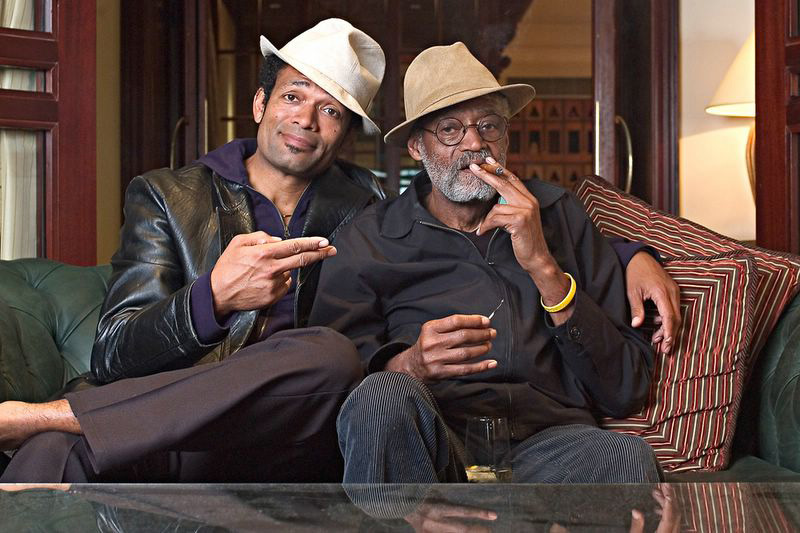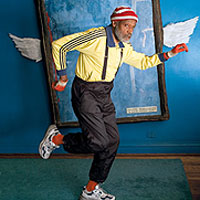 Actor, director and producer, Melvin Van Peebles, 84, is known for creating the hit film back in 1971 called Sweet Sweetback’s Baadasssss Song, as well as creating a new genre for African Americans in film. He is also the father of noted actor and director Mario Van Peebles, who directed and starred in the hit movie New Jack City.
Actor, director and producer, Melvin Van Peebles, 84, is known for creating the hit film back in 1971 called Sweet Sweetback’s Baadasssss Song, as well as creating a new genre for African Americans in film. He is also the father of noted actor and director Mario Van Peebles, who directed and starred in the hit movie New Jack City.
Melvin Van Peebles began writing about his experiences as a cable car driver. Van Peebles’ first book, The Big Heart, evolved from a small article and series of photographs.
According to Van Peebles, a passenger suggested that he should become a filmmaker. Van Peebles shot his first short film, Pickup Men for Herrick in 1957, and made two more short films during the same period. About these films, Van Peebles says: “I thought they were features. Each one turned out to be eleven minutes long. I was trying to do features. I knew nothing.” As he learned more about the filmmaking process, he found out that “I could make a feature for five hundred dollars. That was the cost of ninety minutes of film. I didn’t know a thing about shooting a film sixteen to one or ten to one or none of that. Then I forgot you had to develop film. And I didn’t know you needed a work print. All I can say is that after I did one thing he would say, ‘Well, aren’t you gonna put sound on it?’ and I would go, ‘Oh shit!’ That’s all I could say.”
LOOK AT THIS: Actor Morris Chestnut Says “A Big Girl Revolution Is Far From Overdue”
After Peebles completed his first short films, he took them with him to Hollywood to try to find work, but was unable to find anyone who wanted to hire him as a director. In New York City, he met a man who saw his films and wanted to screen them in France. In 1959 the family went to the Netherlands, where he worked for the Dutch National Theater. In the Netherlands, Peebles added the “Van” to his name.

After his first Hollywood film, Watermelon Man, Van Peebles became determined to have complete control over his next production, which became the groundbreaking Sweet Sweetback’s Baadasssss Song (1971).
It was privately funded with his own money, in part by a $50,000 loan from Bill Cosby. Van Peebles not only directed, scripted, and edited the film, but wrote the score and directed the marketing campaign. The film, which in the end grossed $10 million.
Many people may be surprised to know that as Melvin has gotten older and slowed down on film directing, he’s sped up his health…as a marathon runner! When asked about his newfound (and amazingly healthy) passion, the star had this to say:

WHY RUNNING?
“I have no illusions about running. I hate running,” confesses Van Peebles. “If I could feel as good as I felt at 30 without running, I wouldn’t do it, but that’s not the way it works! So – no pain, no gain. I’m pragmatic, and fairly honest with myself, so I knew I had to exercise. But my life and my career is filled with logistics – yesterday, for example, I was running around trying to find nun’s costumes for my new movie — and I tried to think of something I could do without getting a locker, getting a tennis court. . . and I thought, “Boom – running.” The other half of what I do is sedentary – writing, editing.”
THE BEST TIME TO RUN
“I like to run early in the morning. I quickly realized I had to run in a way where I…








